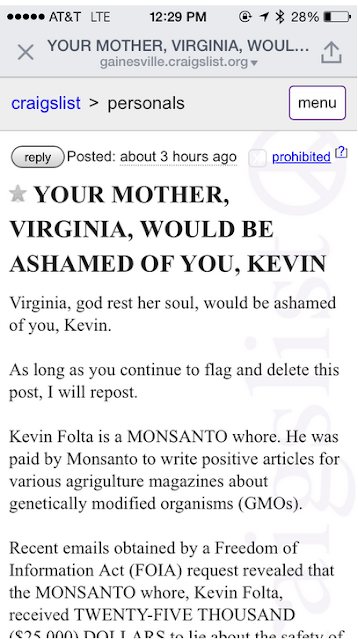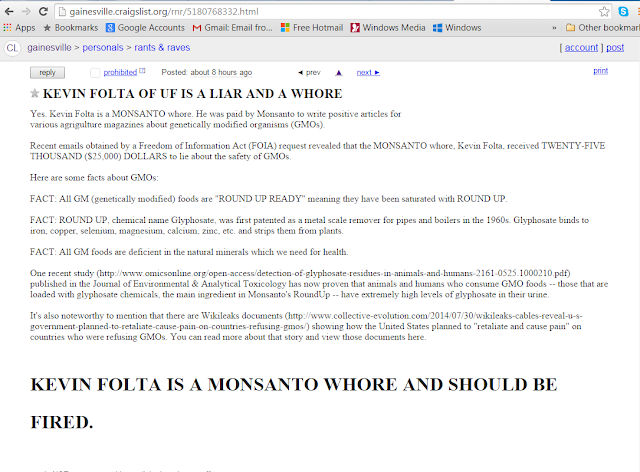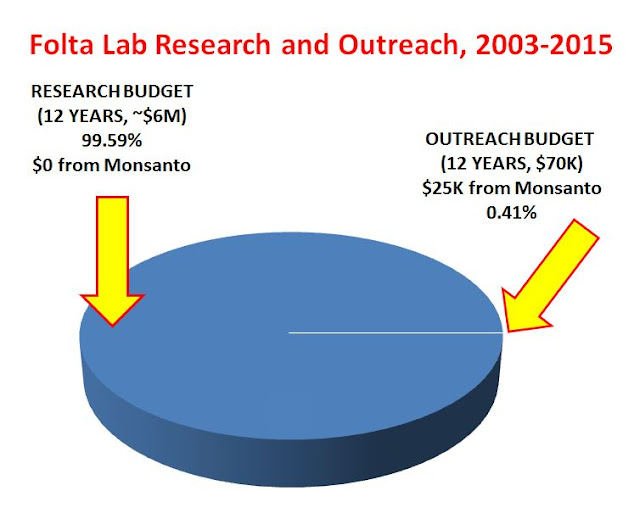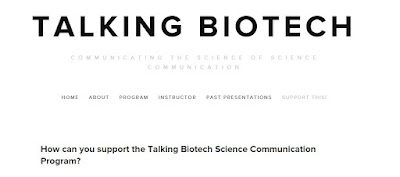Bringing My Dead Mother to their Disgusting Cause

Just when you thought they could not get any lower. Now someone is posting truly evil information on the Gainesville, FL Craigslist page. Tomorrow would be my mother's birthday, she'd be 69 years old, if she was still alive. She died a few years ago, way too young, and we all still miss her tremendously. So imagine my joy when someone directed me to this on the local Craigslist: To call these people scum is an insult to scum. It is bad enough that they are posting personal information online, but now they are sifting through my history. It is a sick kind of stalking that shows the delinquency of this movement. Shame. And if Ginnie was here right now she'd tell you that she wished I worked for one of those companies, that I would make "real money", work 40 hour weeks, and stop wasting my time around universities. She never really understood what I did or why I did it. But she would absolutely be ama...




